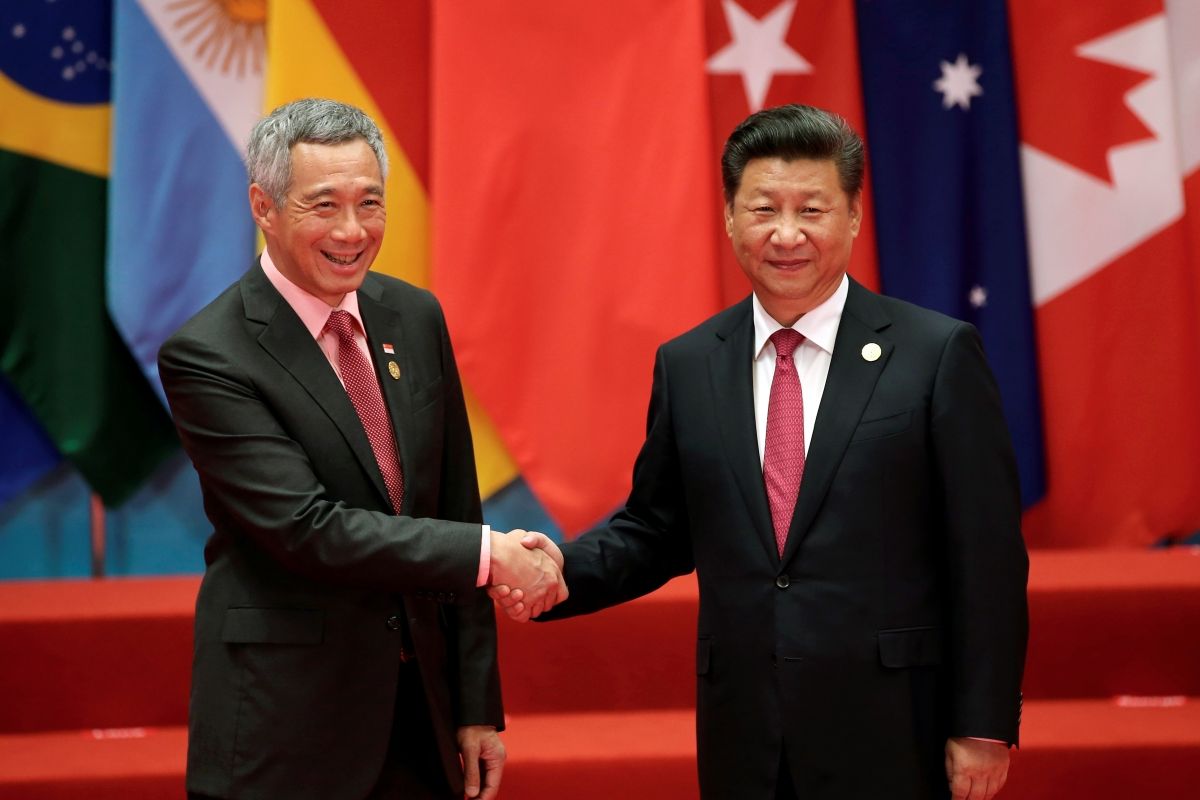President Trump announced Monday that Iran had agreed to begin direct nuclear negotiations with the U.S. on April 12.
WASHINGTON: – The president of the United States, Donald Trump, reiterated his warning on Wednesday to use military force if Iran did not agree to stop its nuclear program, adding that Israel would be a major player in any such operation.
Trump declared that Iran could not be permitted to possess a nuclear weapon and threatened to use force if it refused to halt its research.
Trump told reporters, “I’m not asking for much… but they can’t have a nuclear weapon,” following his signing of a number of executive actions in the Oval Office.
“If military action is necessary, we will use it. Of course, Israel will be at the forefront of that. We have no leader. We do as we please.
He would not say when military action could start.
“I’d rather not be detailed. However, you can tell if they’re getting along well or not once you start talking. And when I believe they’re not getting along, that’s when I would declare the conclusion,” Trump stated.
Trump unexpectedly declared on Monday that direct negotiations between the US and Iran on Tehran’s nuclear program would start on Saturday and that Iran would be in great danger if the negotiations failed.
Iran, which had resisted Trump’s demands in recent weeks, highlighted the contrasts between the two nations by announcing that indirect discussions would take place in Oman.
The Nuclear Negotiations and Its Global Implications
Iranian Foreign Minister Abbas Araqchi and U.S. Presidential Envoy Steve Witkoff will lead the negotiations, according to Iran’s state media on Tuesday. Oman’s Foreign Minister Badr al-Busaidi will act as a mediator.
During former President Joe Biden’s administration, the United States and Iran engaged in indirect negotiations, although they produced little to no results.
Under then-President Barack Obama, who led the 2015 international nuclear agreement that Trump ultimately renounced, the two nations last engaged in direct talks.
Trump removed the United States from the 2015 agreement between Iran and international powers to reduce Iran’s sensitive nuclear program in exchange for sanctions relief during his 2017–2021 tenure. Additionally, Trump reinstated broad U.S. sanctions.
The uranium enrichment restrictions in that agreement have now been greatly exceeded by Iran.
Western nations accuse Iran of enriching uranium to a level of fissile purity higher than what they claim is appropriate for a civilian atomic energy program in order to advance its covert goal of developing nuclear weapons capability.
Read more.
Military Leaders Challenge Trump’s Leadership Decisions
China Voices Concerns Over US Tariffs and Sanctions
Trump Taps Ohio Sen JD Vance as 2024 Running Mate: What You Need to Know
News Source : – Reuters

Mike Neon is a seasoned journalist specializing in United States news, known for his comprehensive coverage of national affairs and current events. With a career spanning 5 years in journalism, Mike has established himself as a reliable source of accurate and insightful reporting. His articles delve deep into political developments, social issues, and cultural trends shaping the United States today. Mike Neon’s dedication to providing balanced perspectives and in-depth analysis ensures that readers stay informed about the latest developments that impact the nation.







